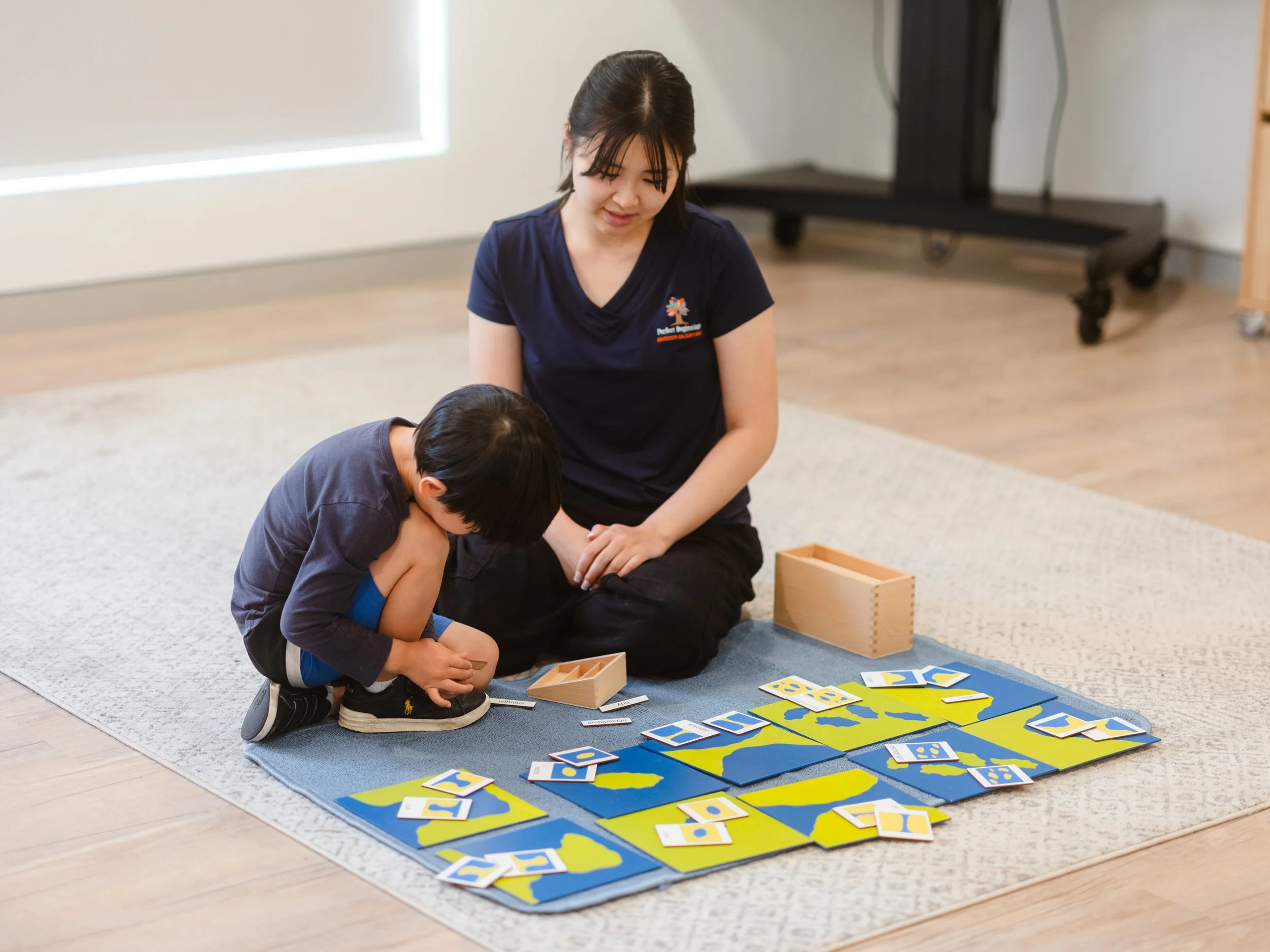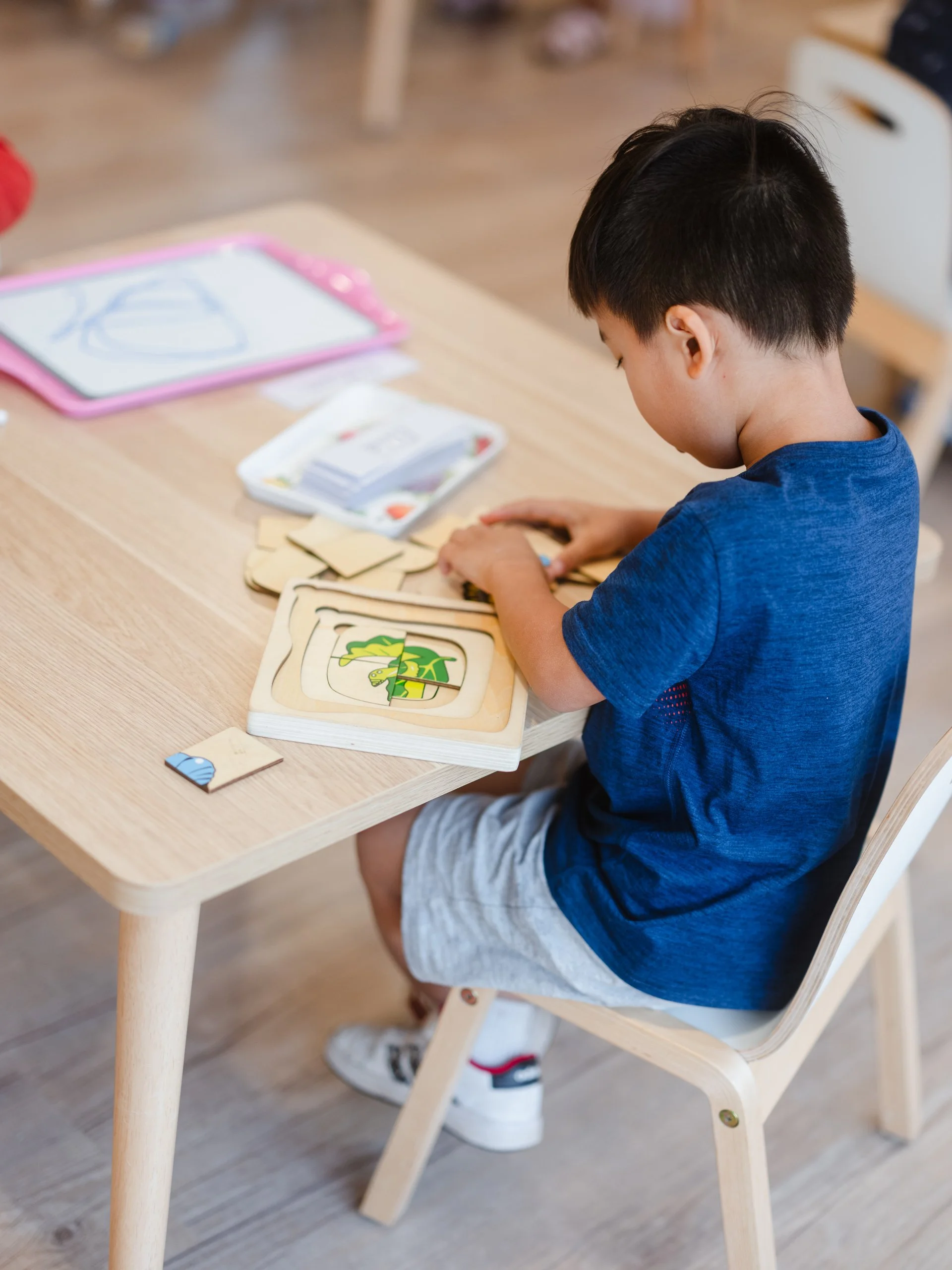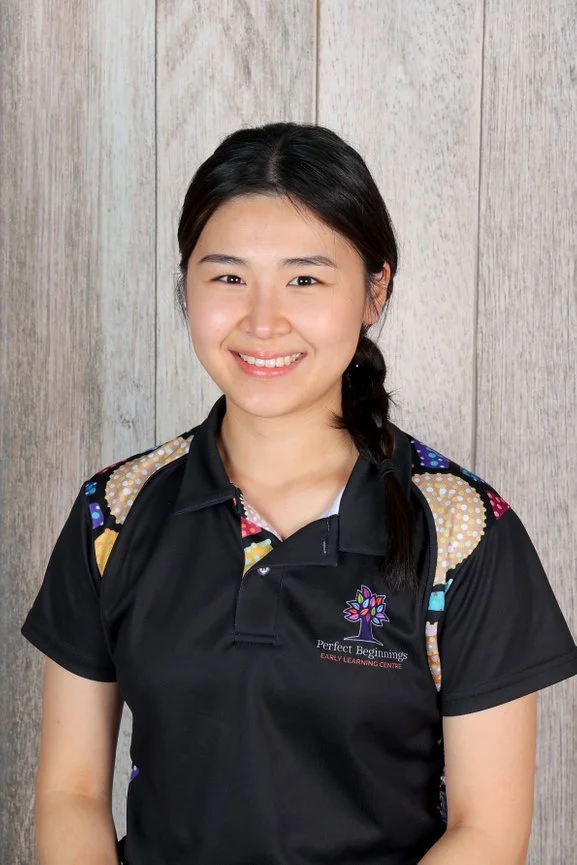Holland Park
Montessori Children’s House
Now Open!
Perfect Beginnings Montessori Children’s House offers a nurturing and educational environment in Holland Park guided by the Montessori education method.
20 Monaco St Holland Park West
07 2103 3900
6:30 AM - 6:30 PM
View Our New Centre!





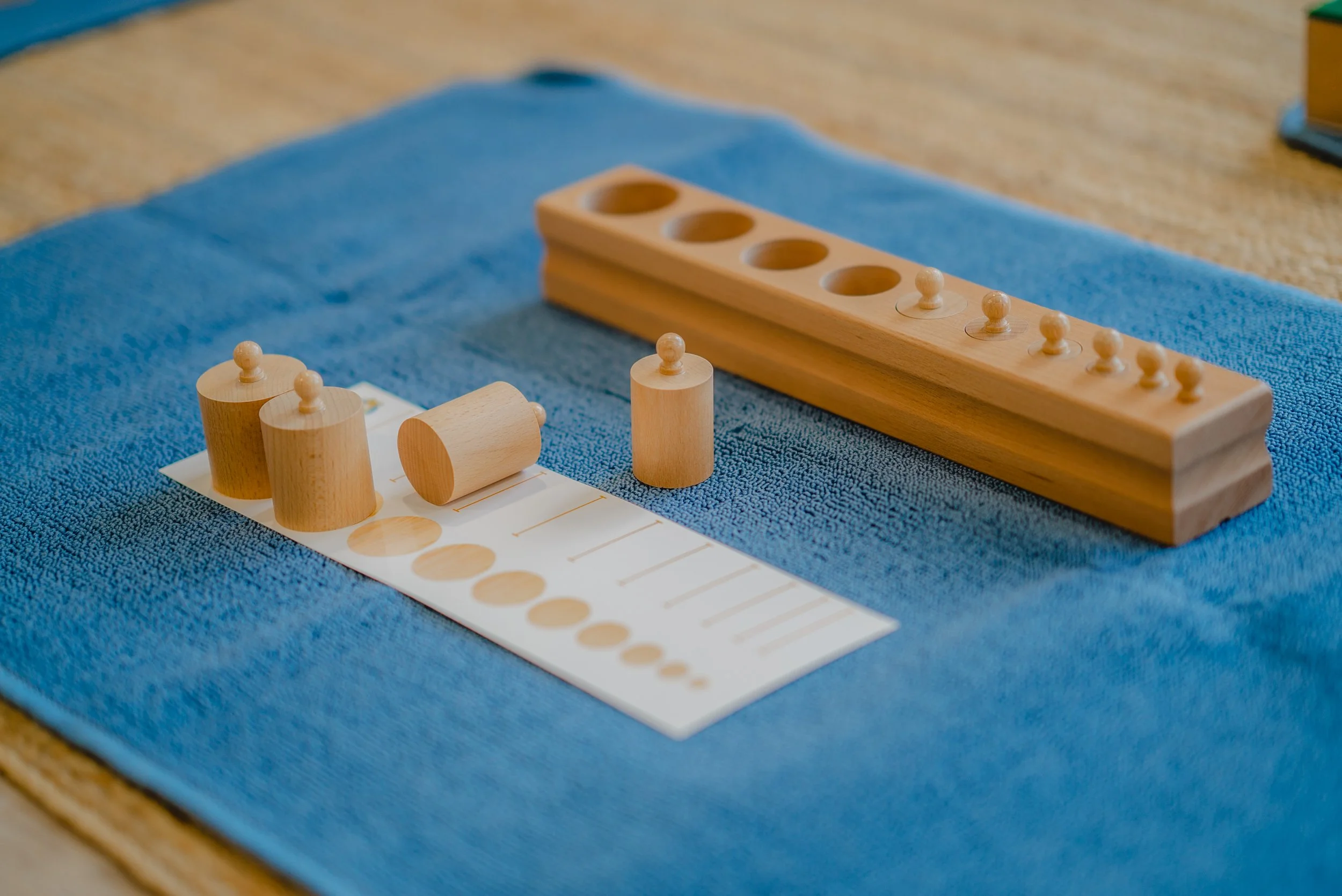
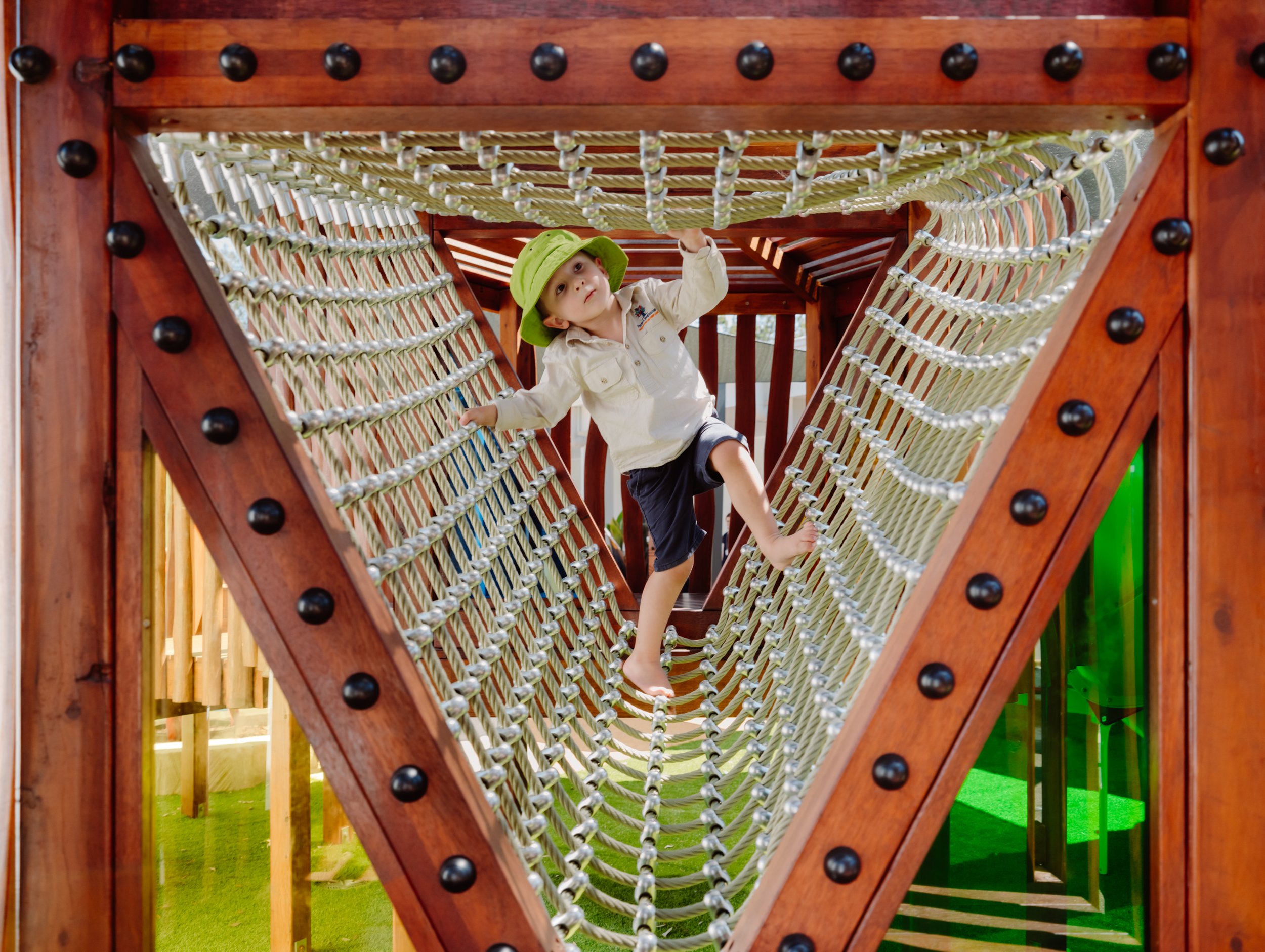


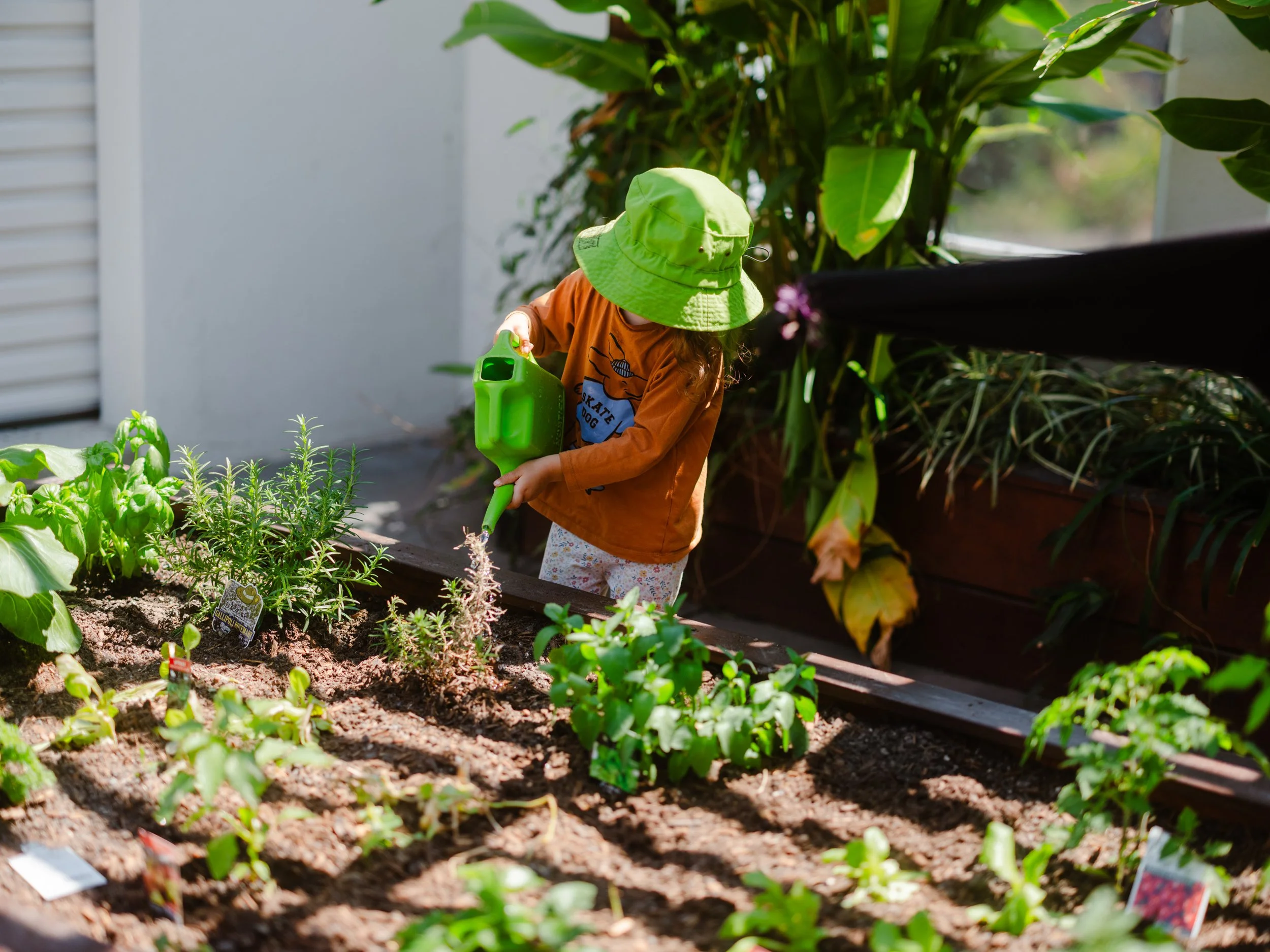
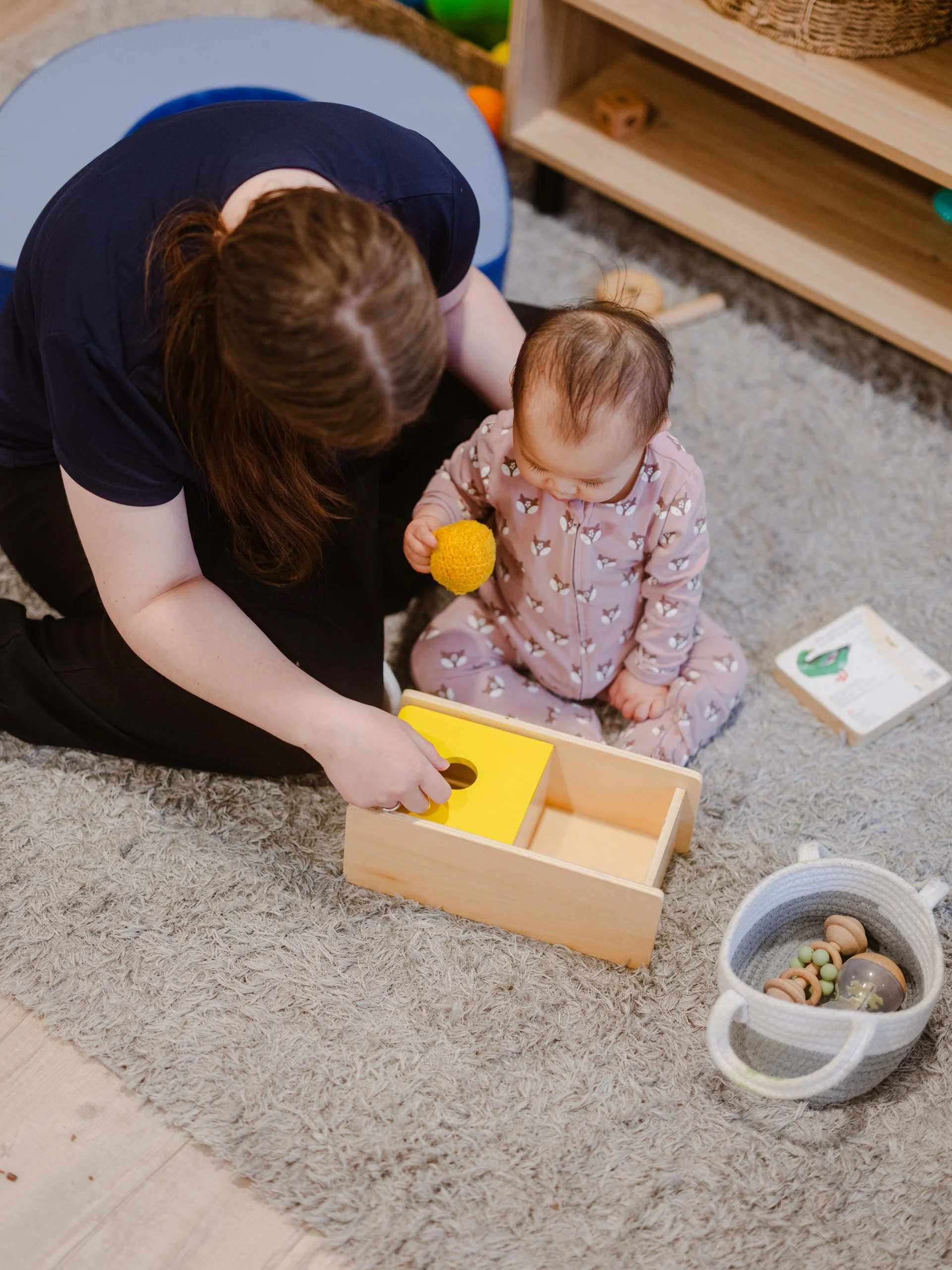
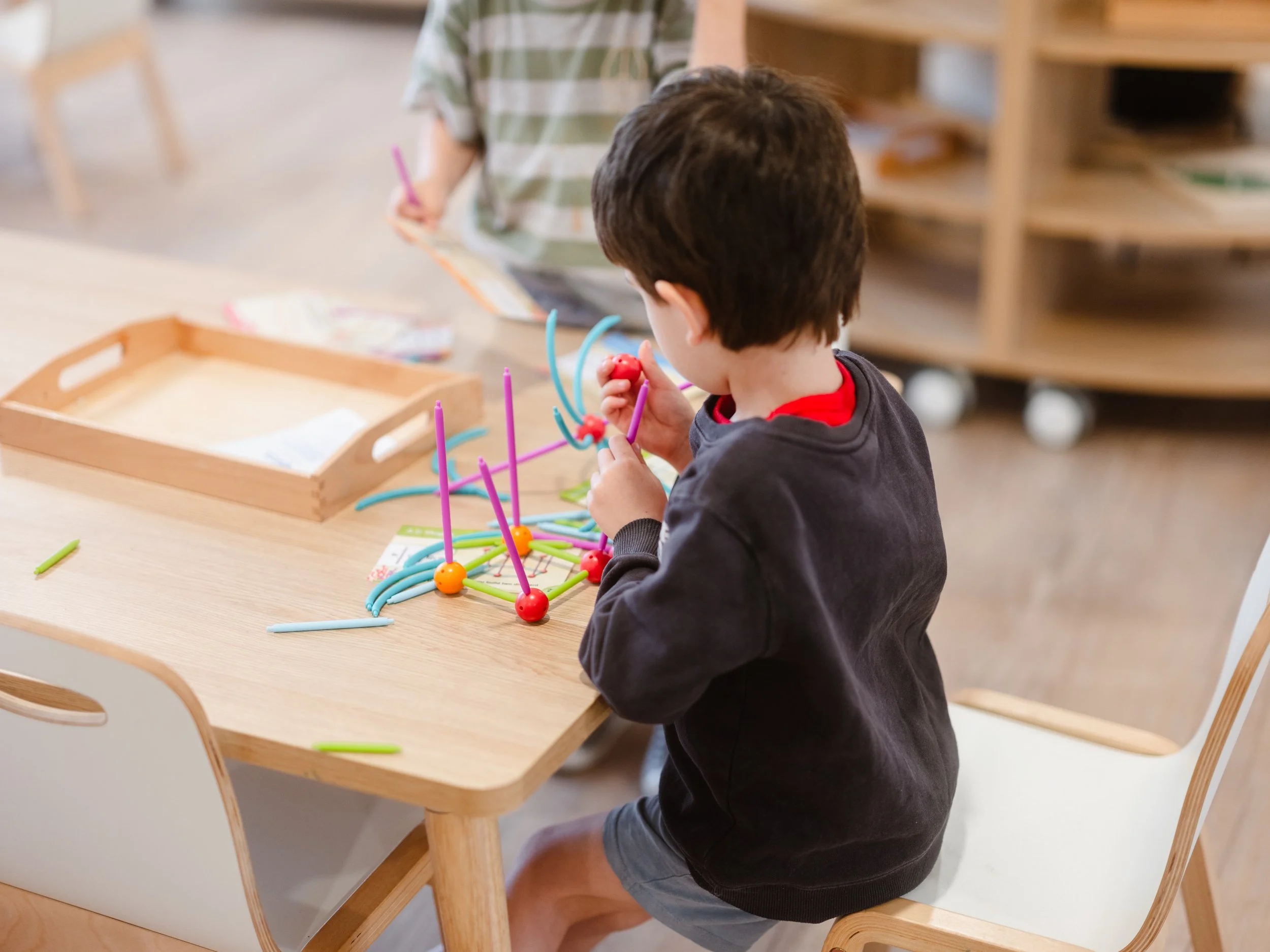

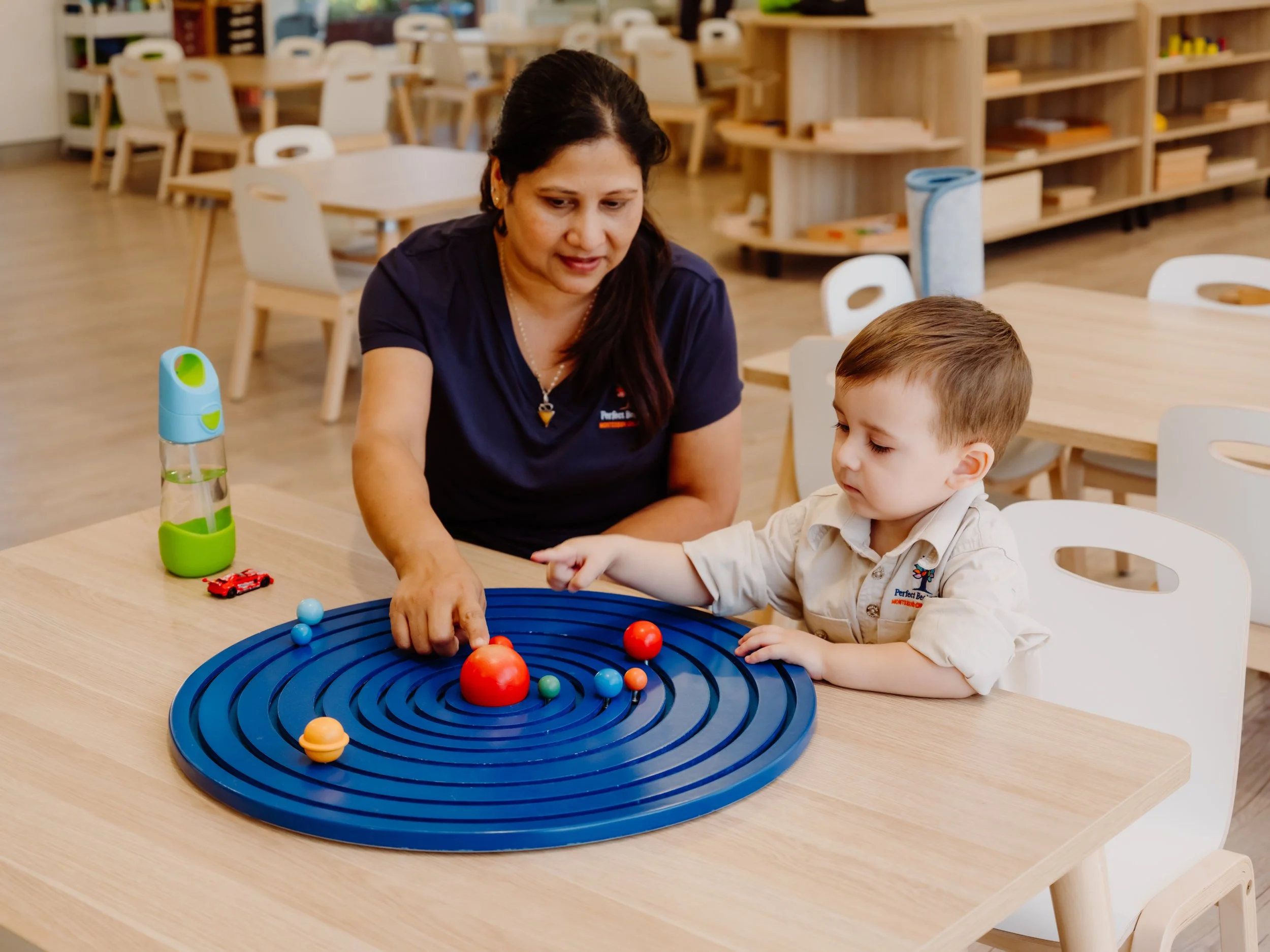
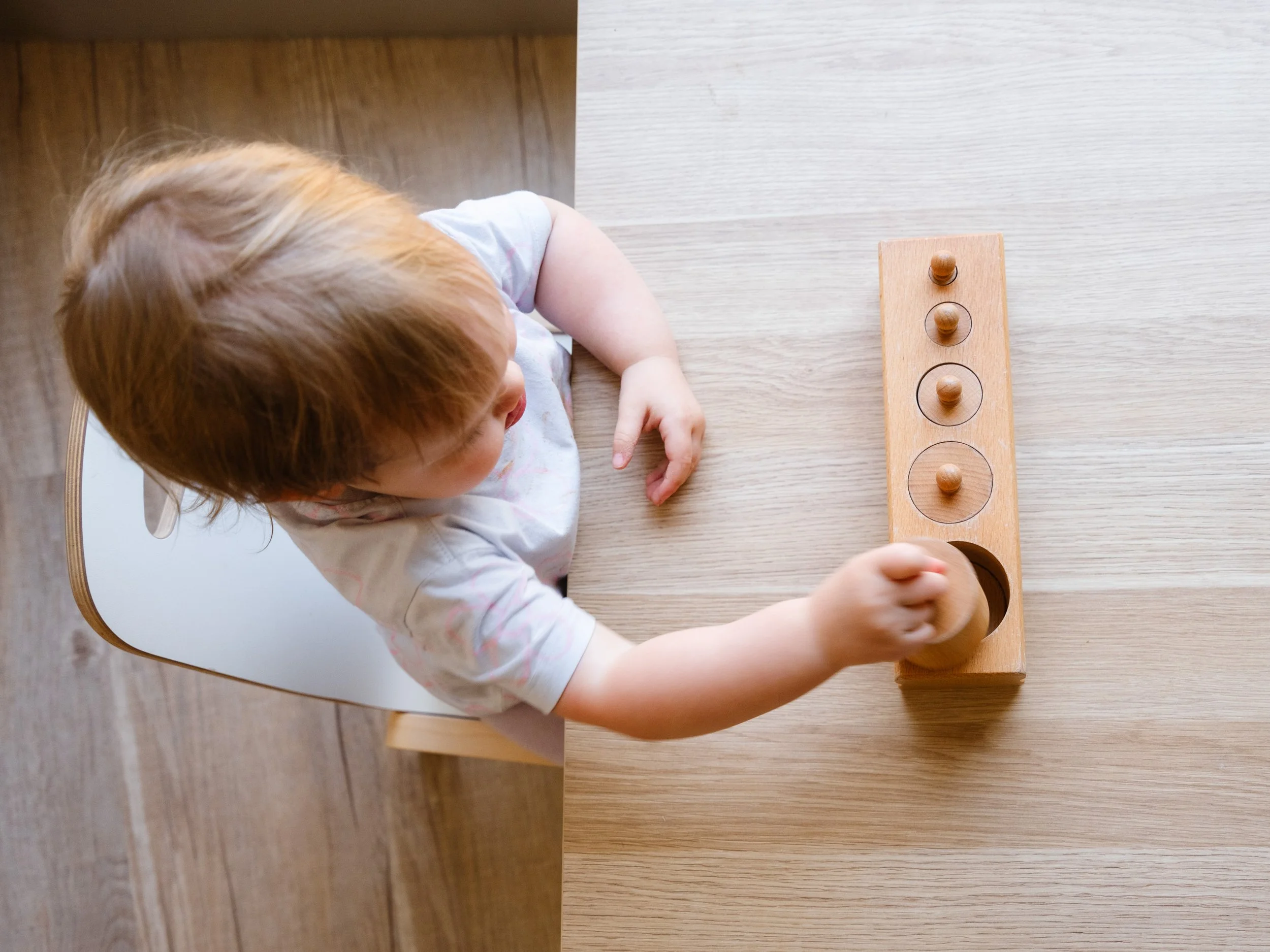
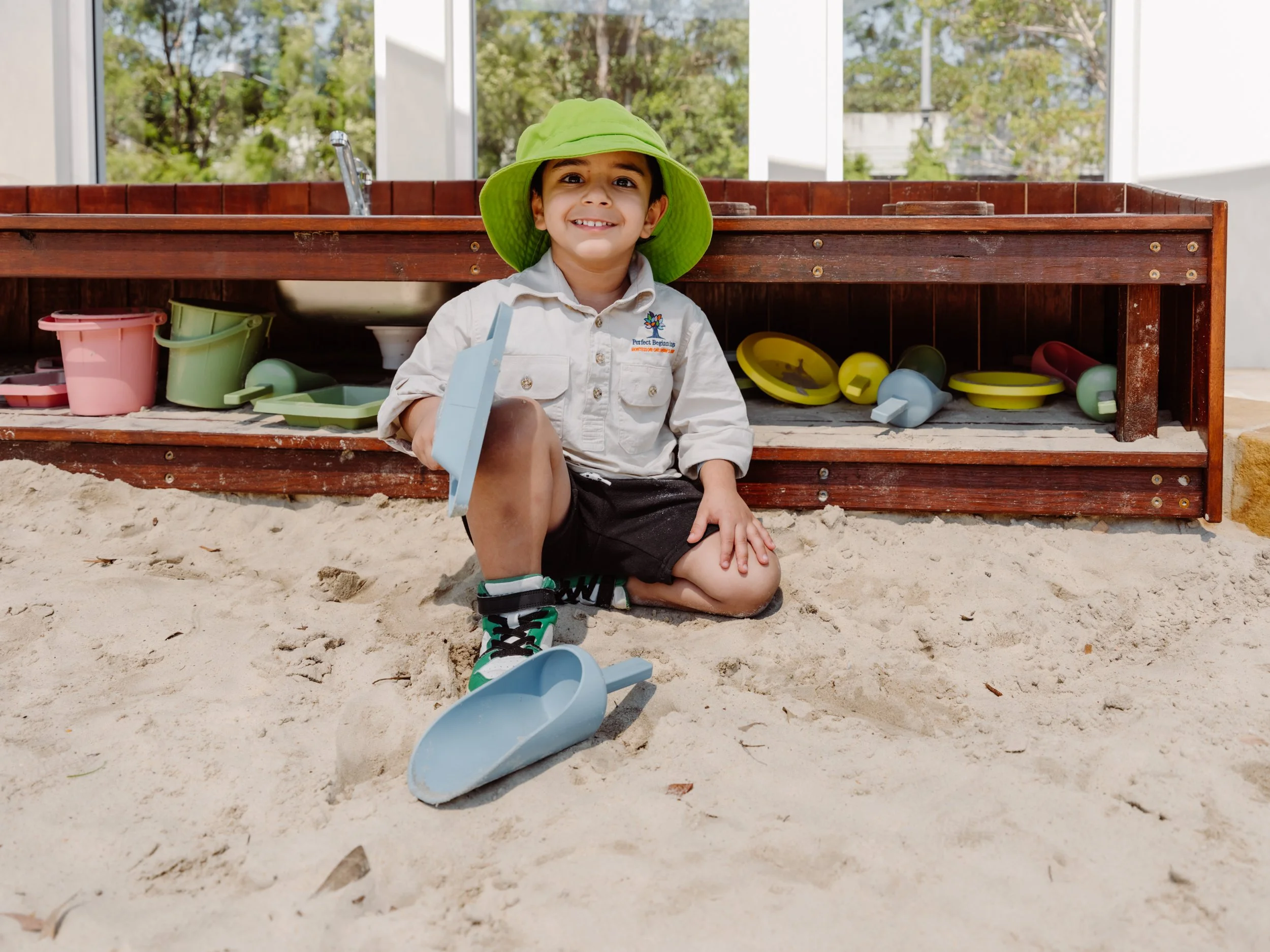


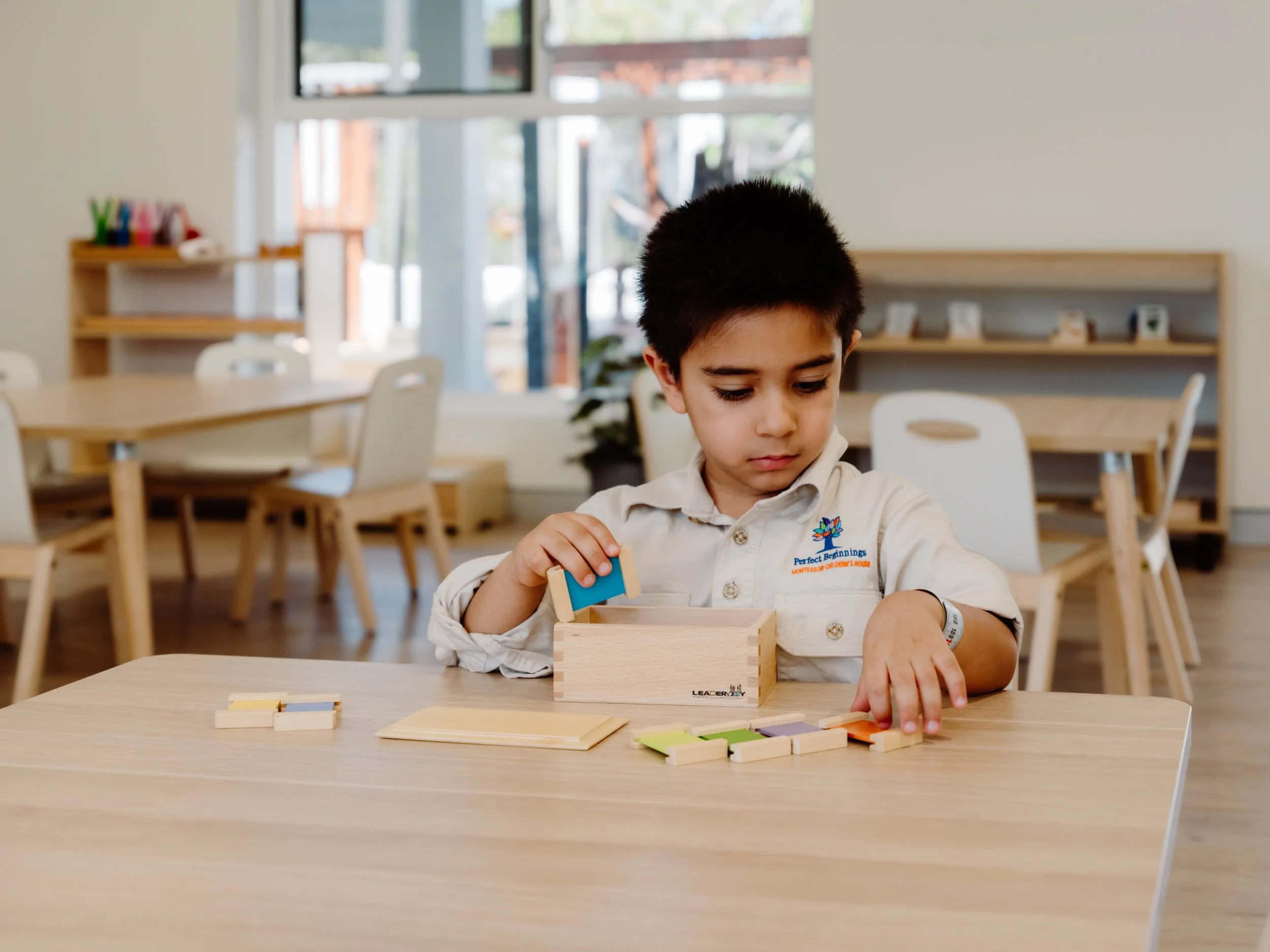
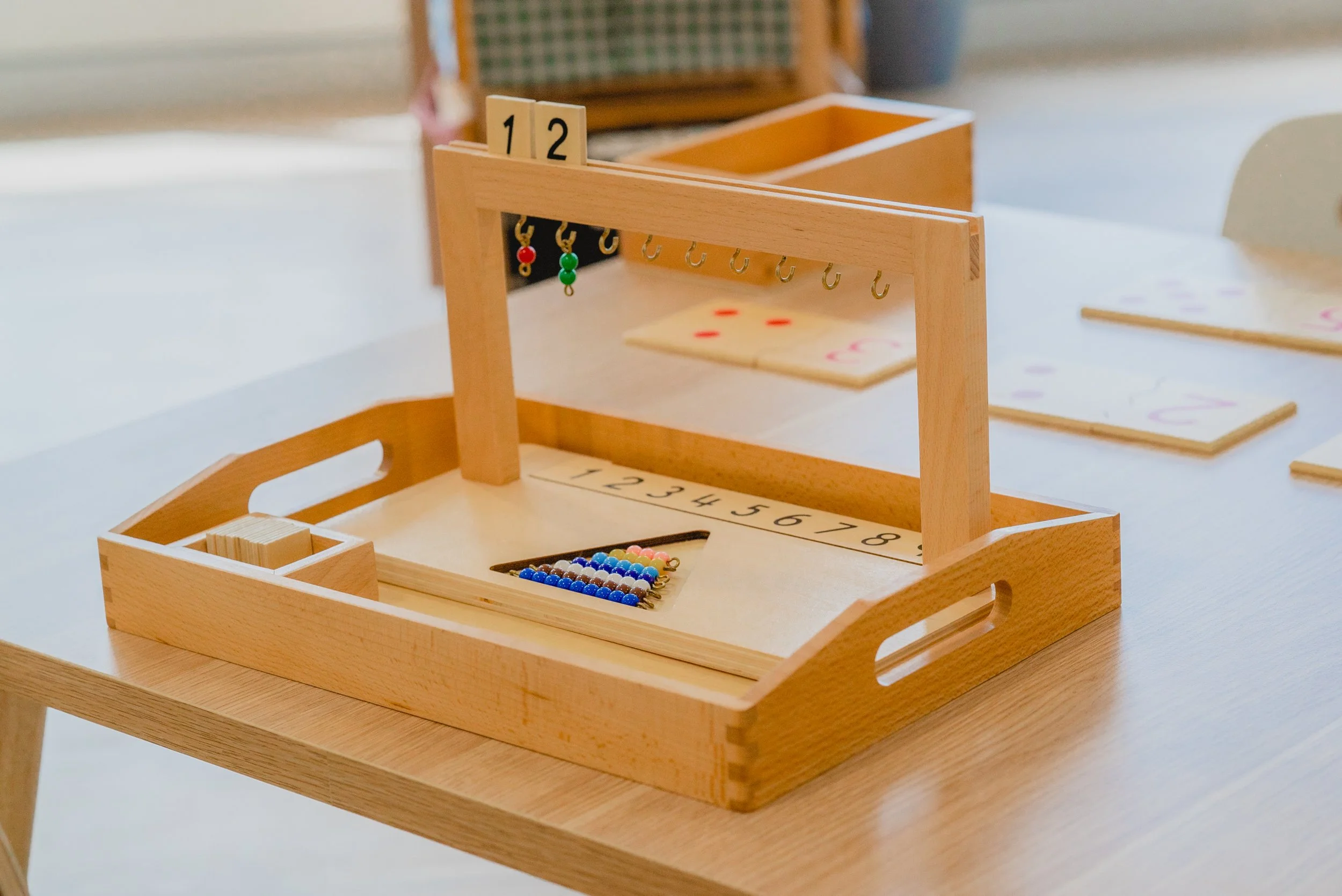






“The goal of early childhood education should be to activate the child's own natural desire to learn.”
– Maria Montessori
At Montessori Children’s House your child's education is tailored specifically to them by our dedicated team. We use Montessori methods to build self-confidence, social skills and a love for learning.
At our newly built centre in Holland Park, we care for children from 6 weeks to school age. Childcare Subsidy is applicable.
Learn more about Montessori here
Take A Virtual Tour
What to Expect at Our Holland Park West Centre
Our Learning Environments

WHAT OUR PARENTS ARE SAYING
Meet Our Wonderful Team
Visit Us
20 Monaco St, Holland Park West
Monday - Friday: 6am - 6pm
Contact Us
Thank you for your interest in Perfect Beginnings. To find out more about our programs, book a tour, or join our waitlist please fill in your details below and we will be in touch.

